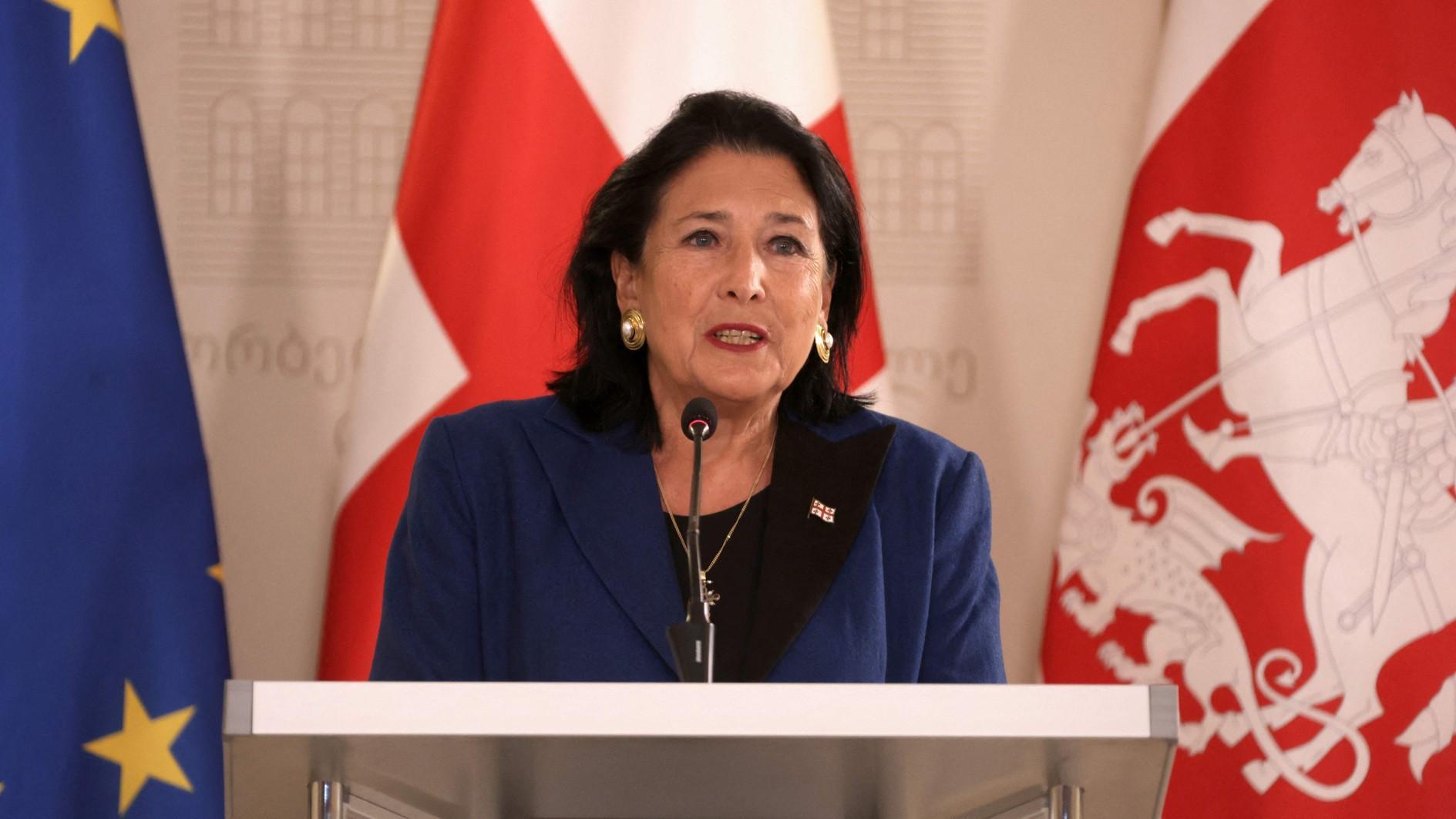The US-Turkish energy partnership in a changing world of energy and geopolitics
MEHMET ÖĞÜTÇÜ – PAUL MICHAEL WIHBEY
Energy and geopolitics, which cannot be treated in isolation from one another, today dominate both Turkish and American strategic thinking more than any time in the history of their bilateral relations.With the stroke of a pen that closed the historic $400 billion Russia-China gas supply agreement on May 21, the geo-strategic era that commenced on Sept. 11, 2001, was superseded with a new and quite different ordering of global power.
China’s further proposal to push forward with another ambitious Free Trade Area of the Asia-Pacific has also received a cold reception from the United States, which is focused on a 12-country trade agreement known as the Trans-Pacific Partnership, which excludes China.
These steps come at a time when the European Union is battered by the weight of euroskeptic opinion of the general public, as aptly illustrated by the European Parliament election results. At the same time, Iran is preparing for a new chapter in relations with Washington, and the Gulf nations are drifting toward China and India as their most valued clients for hydrocarbon exports.
The relationship between Ankara and Washington has never been smooth, shaped by a long list of troubles and disputes – the 1974 arms embargo, the constant threat of Armenian “genocide” resolutions, human rights and religious minority issues, the northern front against Saddam Hussein, Ankara’s 2010 trilateral nuclear agreement with Brazil and Iran, the deterioration of Turkey-Israel relations since 2008 and the U.S. opposition to the independent oil export pipelines out of Iraq’s Kurdistan Regional Government (KRG).
Bilateral political ties are currently strained due to Ankara’s leadership style and Washington’s change of tact in response to Turkey addressing regional and domestic issues in a manner considered to be less desirable and more problematic.
Yet, as a consequence of recent Russian-Chinese pronouncements, and given the significant developments taking place with the KRG, Iran, Ukraine, in the Black Sea and the eastern Mediterranean, the time has come for the U.S. and Turkey to re-calibrate their somewhat tense bilateral relationship within the context of these emerging geopolitical realities.
Failure to do so will simply allow for the creation of a geopolitical vacuum that will be filled by other options, no less viable for Turkey.
***
Both nations are in different energy positions. While the U.S., as the world’s number-one energy power, is driving toward energy independence, Turkey (the world’s 17th largest economy and a major regional power) is an energy-deficit country, surrounded by a troubled neighborhood, with excessive dependence on oil and gas imports.
As a real game-changer, the rising shale gas/oil and tight oil production in North America have transformed the U.S.
The new chill with Russia and chronic instability in the Mideast have made the U.S. not only almost energy self-sufficient, but also the globe’s emerging new energy superpower – indeed, it recently displaced Russia as the world’s largest producer of natural gas and is expected to overtake Saudi Arabia and Russia as the world’s top oil producer by as early as 2017.
The U.S. still possesses an astonishing total of about $128 trillion in “technically recoverable” oil and gas resources alone, amounting to eight times the national debt. Yet, even with greater domestic supply, the U.S. is still vulnerable to oil shocks because they affect trading partners and the global economy.
Energy is Turkey’s economic security soft-belly. Concurrent with its economic expansion, Turkey’s energy demand has risen from 24.4 million tons of oil equivalent (Mtoe) in 1973 to 114.1 Mtoe in 2011.
According to the International Energy Agency, by 2030 that demand is expected to reach over 237 Mtoe.
With such a strong demand growth and limited domestic reserves, Turkey has to import a big chunk of its energy requirements: 98 percent in natural gas and 93 percent in oil – the main source of its trade and current account deficits.
Ankara’s critical role in global energy security lies in ensuring the oil and gas flows from the resource-rich neighbors to high-value international markets and contributing to the geopolitical stability and security in this highly volatile region. Turks are not content only to be a simple “bridge” over which energy flows; they aspire to become a regional “hub” that has strategic overtones.
Yet, being a regional energy hub is not just having pipelines crisscrossing its territory. For Turkey to function as a regional, trusted hub, it must be able to import enough gas to satisfy both domestic demand and any re-export commitments while at the same time putting the right legal framework, governance structure, pricing mechanism and sound infrastructure in place.
We should not expect Ankara and Washington, which have divergent energy positions and geopolitical interests, to see eye-to-eye on critical developments in the region. Yet, we believe that in a changing world of energy and geopolitics, a mutually beneficial partnership is still possible, based on common energy and commercial interests as well as recent geopolitical concerns that bind both nations.
Mehmet Öğütçü is chairman of Global Resources Partnership, a UK-based strategic advisory group. Paul Michael Wihbey is president of GWEST (Global Water & Energy Strategy Team) LLC in Washington.











